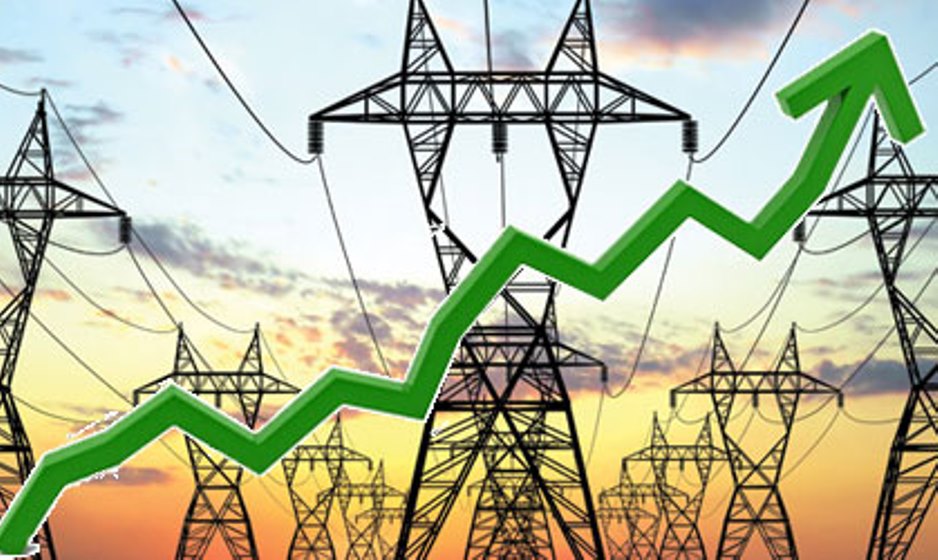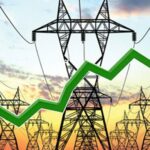Controversy has again docked another attempt at hiking Nigeria’s electricity tariff as it was learnt the 11 power distribution companies (DisCos) have gotten approval to slightly increase electricity tariff from September 1.
The hint came from an August 25 notification to customers from the Eko Electricity Distribution Company (EKEDC), titled, “Re: Tariff Increase Notification”and purportedly signed by the general manager, loss reduction, Olumide Anthony-Jerome.
- Why Nigerians still sleep with hunger despite massive food production – Agric minister
Mass exodus of doctors must stop
The notice claimed that the approval was from the Nigerian Electricity Regulatory Commission (NERC).
It reads, “This is to officially notify you that there will be an increase in electricity tariff with effect from September 1, 2021. This increase is as a result of the nationwide mandate to implement the Service Based Tariff (SBT) approved by our regulators (NERC).
“Kindly note that the increase will be reflected on the energy bill for October 2021, which will represent energy consumption for September.
“In addition, for our metered customers with internal vending arrangements, we urge you to adjust the rates accordingly to reflect the new tariff increase as released by the NERC.”
According to the newly approved plan for Eko DisCo, customers under Band A non Maximum Demand (MD) – customers with lower power consumption capacity have their rates increased by N2 per kilowatts hour (kwh), from N54.08/kwh to N56.08/kwh and are promised at least 20 hours of supply daily.
MD1 customers on Band A will pay N58.94/kwh from N56.94/kwh.
For instance, customers on Bands D and E are also affected: residential customer 2 S (R2S), commercial customers (C1S) and industrial customers1S (D1S) who paid N26/kwh between July and August will now pay N28/kwh.
But in a twist, the Eko DisCo denied the said notice, saying customers would be informed of any change on its website.
The EKEDC in a statement signed by its managing director and chief executive officer, Adeoye Fadeyibi, an engineer, also seen on Saturday, urged customers to disregard such reports, saying it did not emanate from the management or the company’s website.
“We advise all customers to disregard all communications that have not been issued by management or published on the company’s website,” it stated.
Efforts to speak with the NERC spokesman, Dr Usman Abba-Arabi, to clear the controversy surrounding the alleged tariff hike failed as he did not respond to calls.
The current electricity tariff was implemented in September 2020 but was swiftly resisted by members of the organised labour. The federal government then held talks with the workers unions, which led to a slight rebate in the tariff and the freezing of an increase for Band E (customers with about eight hour daily supply).
By November, the adjusted tariff was implemented by the DisCos after the NERC approved it.
Early in January, Daily Trust reported an increase in power tariff from what was implemented in November. However, government officials were divided over this, with the Minister of Power, Sale Mamman, directing NERC to suspend the tariff hike.
However, customers confirmed that despite this, their tariff increased, a situation government officials, including the special adviser to the president on infrastructure said was the new 7.5 per cent Valued Added Tax (VAT) component implementation.
In April, the NERC announced a planned tariff hike by July, which the minister confirmed in a statement while pleading with consumers for understanding.
Expecting anticipated reactions from labour and power sector operators, the NERC failed to announce the approval for the tariff hike in July, which was said to be shifted.
However, industry sources said the alleged tariff hike being discarded by Eko DisCo is said to be the actual July tariff, which was formally reviewed from April by the NERC.
An official who did not want to be mentioned said some DisCos obtained similar approval but the increase is slight.
Things will be clearer from September for those vending with meters, and by October for those expecting estimated bills, the source noted.

 Join Daily Trust WhatsApp Community For Quick Access To News and Happenings Around You.
Join Daily Trust WhatsApp Community For Quick Access To News and Happenings Around You.


